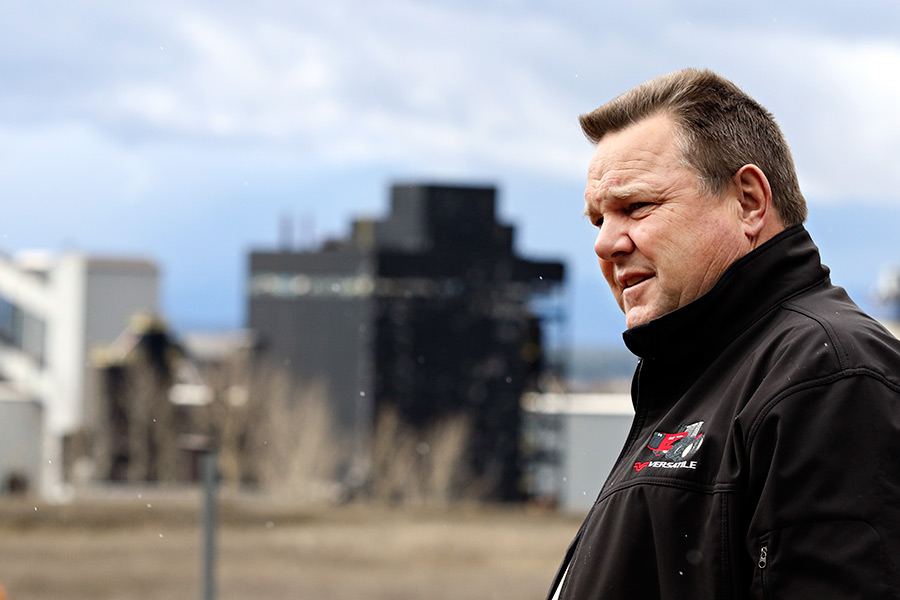When Democratic U.S. Sen. Jon Tester was elected a decade ago, George W. Bush’s looming lame-duck presidency was already setting the stage for a major transition in the White House, while the makeup of the state’s congressional delegation, anchored by senior senator Max Baucus, a Democrat who had held the seat since 1978, sat poised for change.
After Tester’s hard-fought battle against Republican incumbent Conrad Burns in 2006 — one of the closest Senate races of the year, and an outcome that returned Democrats to the majority — Tester and Baucus held a Democratic stronghold on Montana’s U.S. Senate seats, which prevailed until 2014, when Baucus resigned to accept a plum diplomatic position as the U.S. ambassador to China.
Together, they ushered in the historic presidency of Democrat Barack Obama and influenced major pieces of legislation — most notably the Affordable Care Act, or Obamacare, on which Baucus worked as a key architect, while pushing forth a powerful environmental legacy that includes permanent protection from energy development on the North Fork Flathead River.
This month, however, Tester finds himself in uncharted territory for the first time in eight years.
Preparing to serve the final two years of his second term under a Republican as President-elect Donald Trump steps into the Oval Office, the senator from Big Sandy serves as Montana’s lone Democratic congressional leader under a Republican-led executive branch, as well as majorities in both chambers, with U.S. Sen. Steve Daines, R-Montana, and U.S. House Rep. Ryan Zinke, a Republican from Whitefish, as his colleagues from the Treasure State.
It might seem like a lonely corner to occupy, but at least on the surface, Tester isn’t nervous. And despite voicing criticism about Trump’s comments on women, Hispanics and Muslims, there are elements of Trump’s platform with which he agrees.
“Let’s give him a chance,” Tester said. “Who knows, we might be pleasantly surprised. And if we’re not, we’ll hold him accountable.”
Tester said Trump’s comments about infrastructure investments and extracting troops from the Middle East make sense to him, while building a wall along the southern border with Mexico is impractical.
Asked whether Montanans should be concerned about the President-elect’s selection of conservative cabinet members, Tester said he’s taking the long view.
He will also assume the position as ranking member of the senate’s Veterans Affairs committee, placing him as a top political foil to Trump’s pledge for VA reform.
“This is a time of change right now, and it will be very interesting as the nominees are put forth and confirmed,” Tester said. “We’ll wait to see how the next few months play out, but I’m looking forward to the challenge. I think the country is in dire need of change and of getting things done.”
Tester confirmed that he will run for reelection in 2018, and while his seat was identified as one of ten that could flip, Tester disagrees.
Still, he said much could change in the political sphere over the course of a month, let alone two years.
“A month in politics is a long time. Two years is an eternity. This is going to be a lot of fun for me,” he said, noting that Montana voters are notorious ticket-splitters, as evidenced by the reelection of Democratic Gov. Steve Bullock.
Rob Saldin, who teaches political science at the University of Montana, said given the history of midterm elections favoring an opposing party, Tester may be in a stronger position to mount a successful campaign for his third senate term.
“I think Tester’s reelection prospects look better because the midterm is historically tough for the party controlling the White House,” Saldin said. “We’ll see, but I think it will be a more favorable environment for Tester.”
